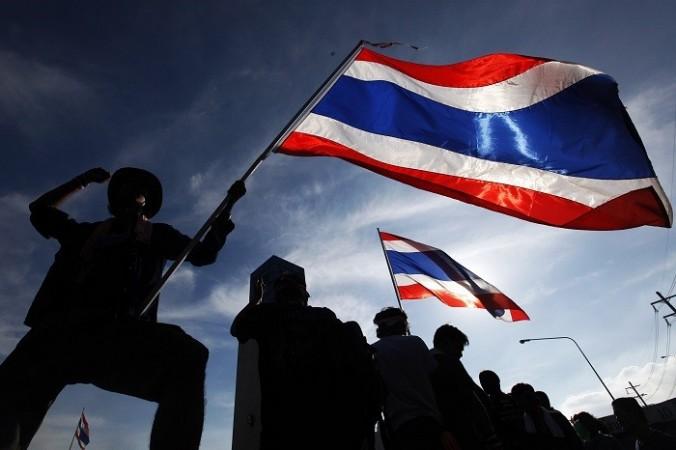
Thailand's ruling junta said on Wednesday it had lifted martial law imposed just before a coup 10 months ago, but invoked a security clause in the country's interim constitution that will mean the military will retain broad powers.
The martial law order banned all political gatherings and gave the military other wide-ranging powers.
In a televised announcement, the junta said it would be replaced with a special security measure, known as Article 44, which allows security forces to continue to make arrests without a court warrant and to detain people without charge.
Thailand's main ally, the United States, said that while it welcomed the lifting of martial law, it was concerned that by invoking Article 44, the junta's announcement would not meet the need to ensure freedom of expression and peaceful assembly.
A representative of the US State Department said it was important that trials of civilians in military courts and detention without charge be ended and that individuals be allowed to exercise fundamental rights.
"We are concerned that moving to a security order ... will not accomplish any of these objectives," the representative said. "We would welcome the actual, full restoration of civil liberties in Thailand."
The junta said Thailand's King Bhumibol Adulyadej approved lifting martial law throughout the country.
"There is no need to use martial law anymore ... The king has allowed martial law to be lifted from April 1," a Royal Gazette statement read out on national television said.
Thailand's military seized power on 22 May, ousting the government of former Prime Minister Yingluck Shinawatra after months of sometimes violent street protests in Bangkok in which nearly 30 people died.
Article 44 of the interim constitution gives Prime Minister Prayuth Chan-ocha, who is also junta chief, power over all aspects of government, law and order.
The televised statement said Article 44 would allow the military to "catch anyone and hand them over to an investigation team", to help with investigations and to search buildings in the interests of national security.
Article 44 has sparked concern among rights groups, political parties and some academics, who say it will give Prayuth unchecked authority.
But ending martial law will come as a relief to tour operators who have repeatedly called for it to be lifted.
Tourism accounts for nearly 10 percent of Thailand's GDP and is still recovering from the effects of the coup and martial law, which stopped some tourists from being able to buy travel insurance.















